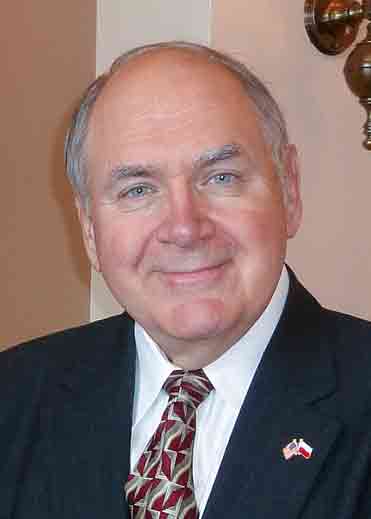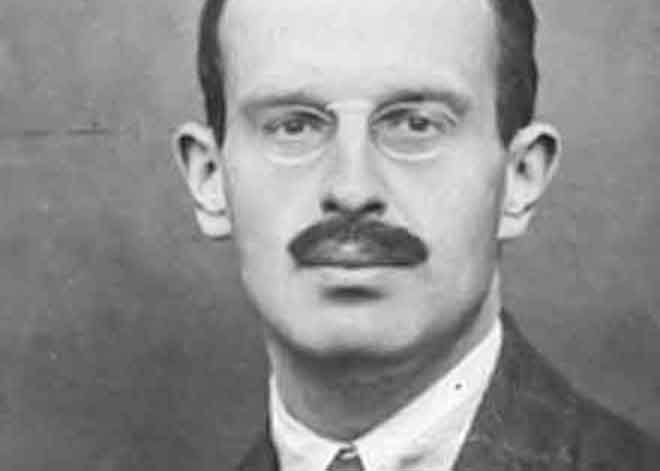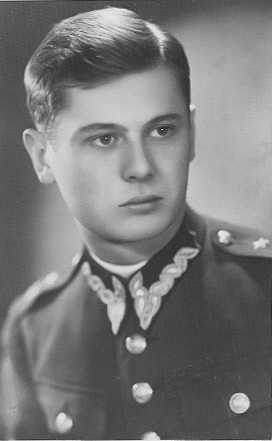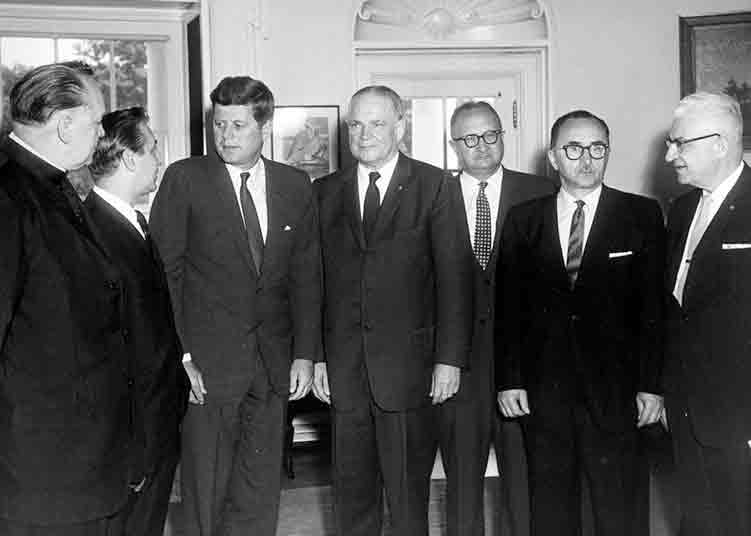Clement Zablocki was born on November 18, 1912, the son of a grocery store owner on Milwaukee’s heavily Polish South Side. A diligent student who completed his college studies at Marquette University in 1936, Zablocki, well-liked and highly motivated, won many friends in his community by teaching civics to new immigrants and serving as his parish’s church organist. In 1942 he won election to the Wisconsin State Senate as a Democrat. In Spring 1948 he ran, unsuccessfully, for the office of Comptroller, a City-wide post held by a number of Americans of Polish extraction in years past. Despite his loss, Zablocki benefitted from the publicity he gained from his campaign. He was thus well positioned to seek, and win, that year’s November election to the U.S. House of Representatives from Wisconsin’s fourth District. This was an office held by another Polish American, Thaddeus Wasielewski, who had lost his bid for re-election in 1946 in an extraordinarily controversial campaign.
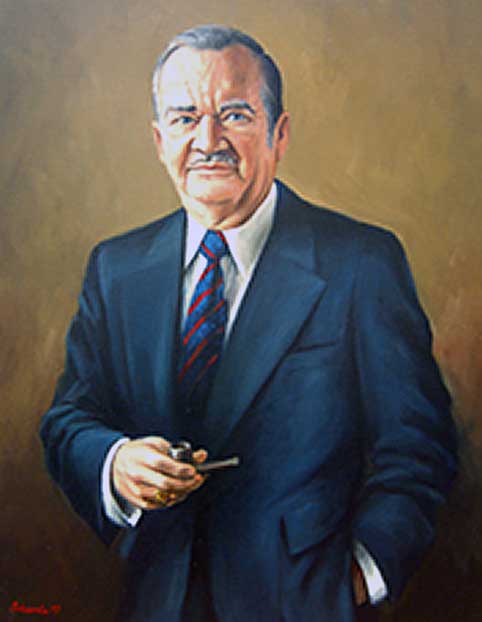
Congressional portrait of Clement Zablocki (Source: Wikipedia)
As Congressman Zablocki was a strong anti-Soviet and anti-communist Democrat. He enhanced his standing in his Congressional district by maintaining the enthusiastic support of his constituency’s large, highly organized Polish American community and building close ties with the Catholic Church and organized labor. He always took his service duties to his constituents very seriously. This meant spending an enormous amount of time each year in his district.
Zablocki’s initially hawkish foreign policy views did cause him some difficulties in the late 1960s when support for the United States’ engagement in Vietnam turned sour. As a member of, and later as chairman of the House Foreign Relations Committee, Zablocki pivoted away from his once outspoken Vietnam war views and turned his focus to becoming a recognized expert in the field of Arms control. In 1972 he became the principal author of the War Powers Act, a landmark piece of legislation that challenged the President’s power to unilaterally involve the United States in foreign wars and without Congress’ approval. This matter is so significant that no unhappy President has ever dared to challenge its constitutionality before the U.S. Supreme Court. At the same time, however, Presidents since the 1970s have observed its intent by their actions as Commanders in Chief of America’s armed forces.
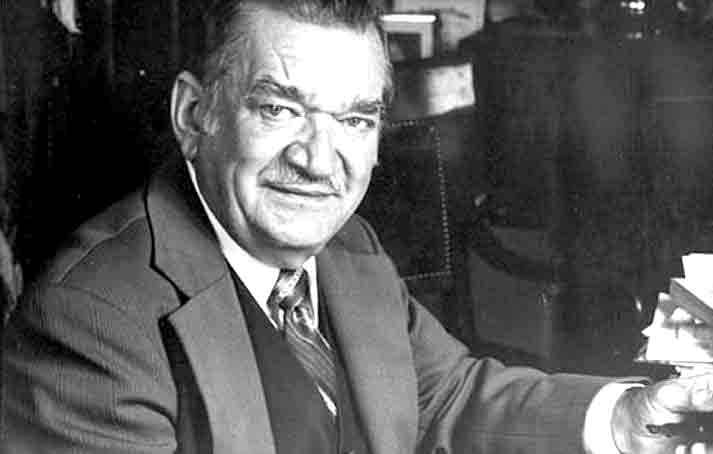
Clement J Zablocki (Source: pac1944.org)
Clement Zablocki’s commitment to Poland was exemplified in many ways. He maintained an always close relationship with the Polish American Congress. He staunchly supported the mission of Radio Free Europe. And he played a key role in the U.S. funding of an impressive Children’s Hospital in Krakow. Indeed, a grateful City has erected a statue in his likeness to memorialize his effort.
In his home district Zablocki’s popularity was such that for years he did not even need to bother to raise funds for his re-election campaigns. Only in 1982 did he face a serious, if failed, challenge.
On December 2, 1983 he died – to be succeeded by another American of Polish descent, Gerald Kleczka, who served until his retirement in 2005.
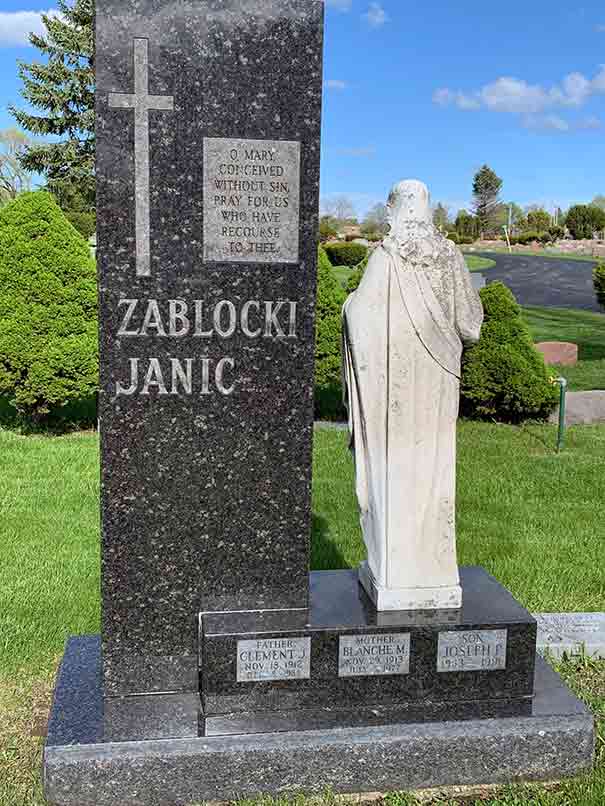
Zablocki family tomb (Photo: W. Biniecki)
Clement J. Zablocki is remembered in Milwaukee by the Veterans hospital which bears his name. A public library is named for him on Milwaukee’s South Side. In 2011 the Wisconsin Polish American Congress’s Distinguished Service Award was renamed in his honor.

Clement J Zablocki School (Source: Milwaukee Public Schools)
In 2002 Professor Stephen Leahy authored an excellent biography, The Life of Milwaukee’s Most popular Politician, Clement J. Zablocki. It is a book well worth reading!



